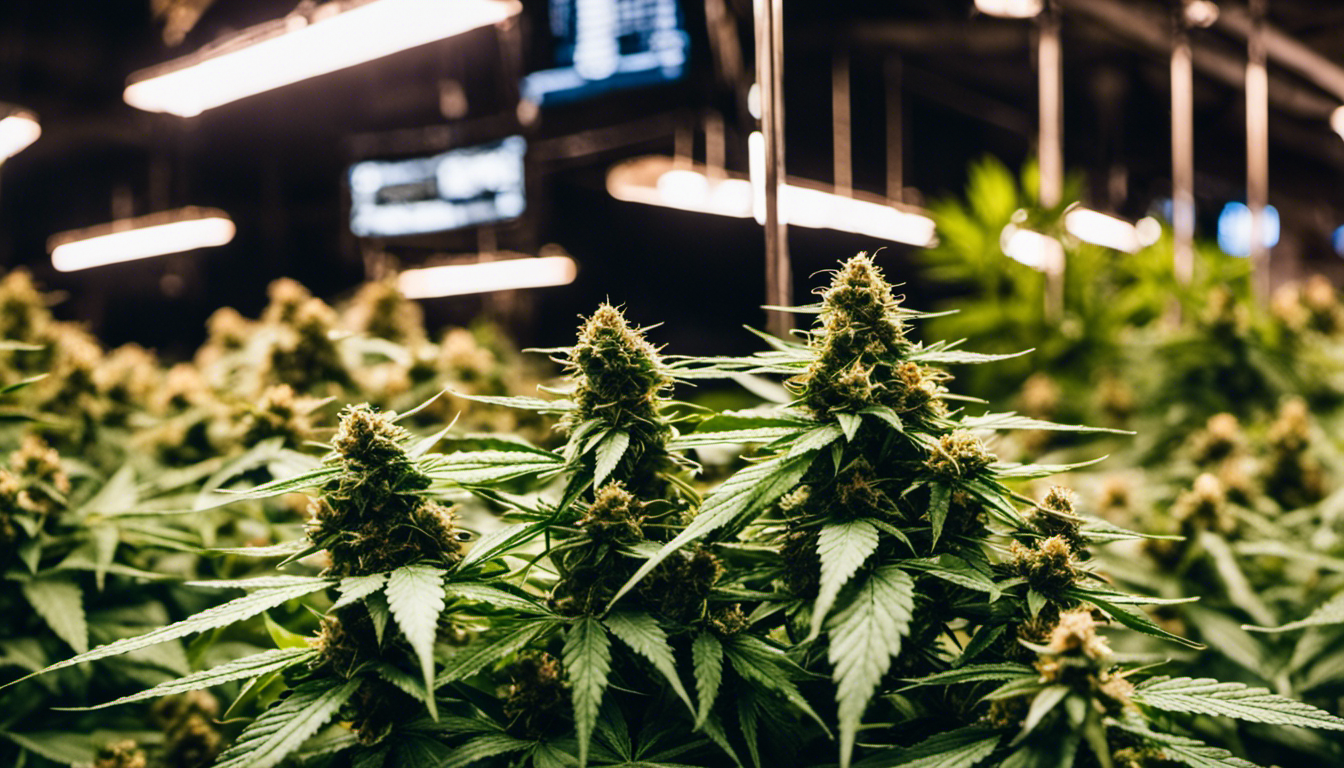As the United States celebrates a decade of legal recreational cannabis, some of the industry’s earliest pioneers are expressing disillusionment with the current state of affairs. Sean Azzariti, who made the first legal purchase of recreational marijuana in the US in 2014, is among those who are lamenting the decline of the industry.
Azzariti, a former marine who suffered from post-traumatic stress disorder, had been a leading activist for medical marijuana before it became legal. He had hoped that the industry would bring in hundreds of millions of dollars and alleviate suffering, but instead, he says he has seen a “slow decay” over the years.
Colorado, one of the first states to legalize recreational cannabis, is struggling to maintain its market share as more states follow suit. The state’s cannabis sales have declined significantly, with total sales falling from $2.2 billion in 2021 to $1.5 billion last year. The decline has also taken a toll on the state’s tax revenues and has pushed many entrepreneurs out of business.
The increasing competition from other states is a major factor in the decline, according to industry experts. When Colorado first legalized marijuana in 2014, it was the only state to do so, and users would travel from across the country to buy the drug. However, with more states legalizing recreational cannabis, the novelty has worn off, and the industry is struggling to compete.
The federal government’s continued prohibition of cannabis is also a major headache for the industry. The drug remains classified as a Schedule I substance, making it difficult for businesses to access traditional banking services and making it hard to expand into new markets.
Despite the challenges, there are still some who believe that Colorado’s legal cannabis industry has the potential to be a model for the federal government to follow. Greg Gamet, owner of Dank dispensary in Denver, argues that the state has been “light years” ahead of other states in offering protection against the black market and has a more liberal approach to licensing growers.
However, Azzariti is not convinced. He believes that the state’s liberal approach to licensing has led to overproduction and low prices, making it difficult for businesses to make a profit. He also blames the state’s high taxes and regulations for the industry’s struggles.
As the industry continues to evolve, some experts are calling for stricter regulations to address concerns about the drug’s impact on society.












